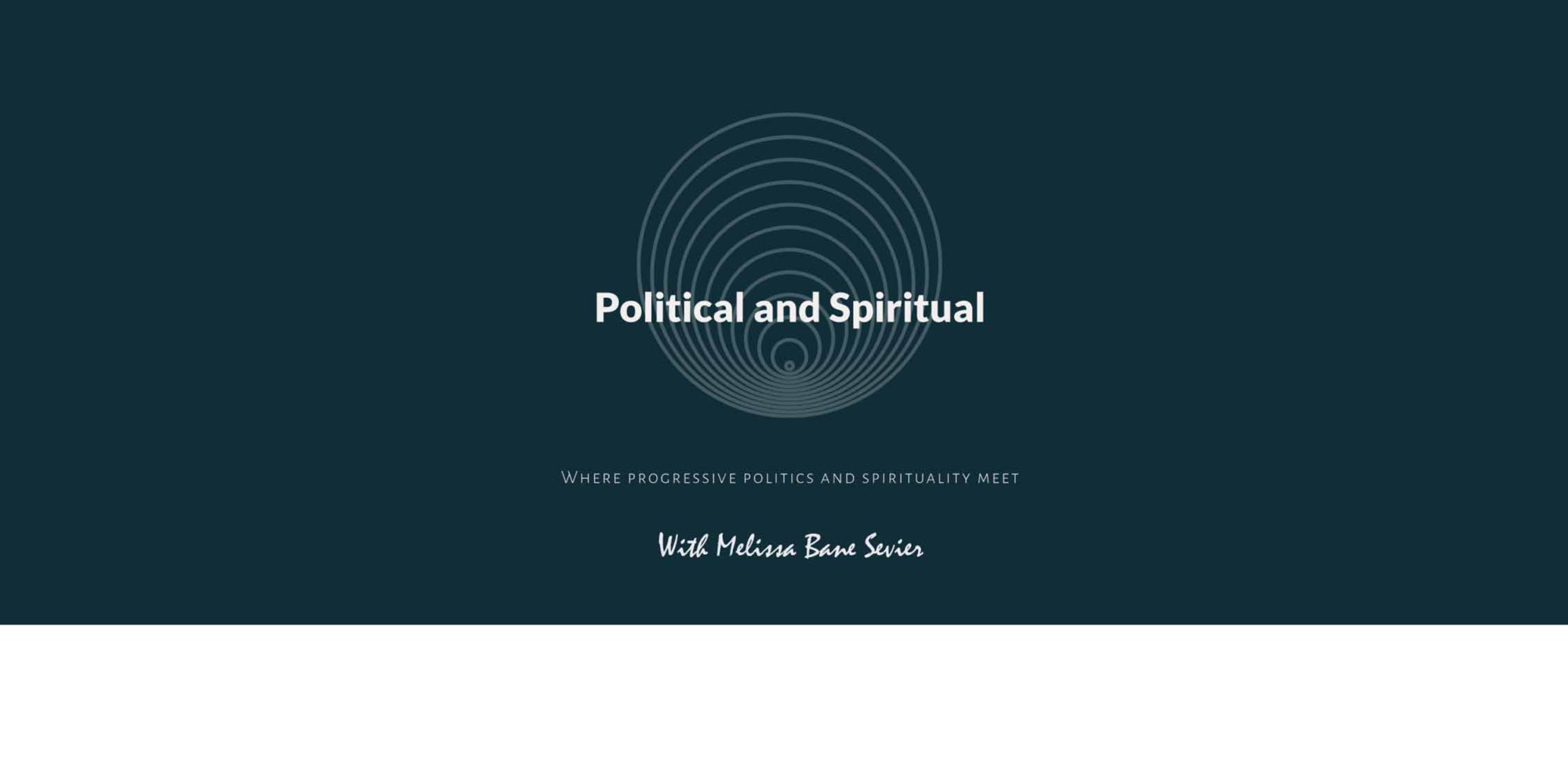This is the second in my three-part series about a spiritual and political response to COVID-19. The first centered on our personal needs and self-care. The third will attend to public/political policy and ramifications. Today, my focus is on community.
The community
Every spiritual movement of which I’m aware focuses on connectedness and community. It’s hard to imagine that anyone could nurture a spiritual consciousness without also being aware of and concerned about all of humanity.
“Community” can refer to the people who share your home, your neighbors, or people who live on the other side of the globe. All of us inhabit the same planet; all of us have equal value as human beings.
Some gatherings of like-minded people are faith groups, or those who hold certain ideals in common. Such affinity groups can be important to our spiritual development and even to our humanity. However, it is also essential that we look beyond those with whom we feel a particular bond. In difficult times like these, we recognize – if our eyes and hearts are open – that we are all connected, interdependent, and that we must focus on what is good and right for everyone.
Here are a few guiding principles for difficult times in community.
- Don’t be an a-hole. It isn’t all about you. The things you do affect everyone. So…
- Stop hoarding. Just. Stop. It. You have enough TP. When you realize that you have more than you need of something, call local food banks. They accept food, and also toiletries and personal products. Many unemployed and underemployed people are in desperate need of everything right now.
- Don’t call it the Chinese virus or the Wuhan virus. Doing so is a lame attempt at saying this pandemic is someone else’s fault. A virus is no one’s fault; it’s just biology. Bad things happen, and laying blame on a specific country or race simply divides us at a time when we should be more united than ever to end this disease.
- Do the right things. Remember that social distancing isn’t just a healthy practice for you; it’s good for everyone and even saves lives. The more we care for each other now, the sooner we’ll be back to normal.
- Stop meeting in public gatherings, including for worship. When you gather for religious (or any other) purposes, you’re defying your spiritual tradition’s admonitions to care for others, especially the most vulnerable. All of us have heard of COVID-19 outbreaks, including some deaths, resulting from religious meetings.
- Find out who is in particular need and what you can do about it. You don’t have to leave home or put yourself at risk to donate to a non-profit that is working to alleviate suffering.
- Don’t assume your experience is universal.
- Are you struggling to get your kids to participate in Zoom classes? Remember how many households don’t have internet access.
- Frustrated about working from home? Consider those who’ve lost their jobs, or those whose jobs have greatly increased.
- Are you feeling cooped up? Remember people who are confined to their homes or institutions all the time, or those who are quarantined with their abuser.
- Tired of cooking? Recognize that many have lost income and aren’t sure how they’re going to feed themselves and their families.
- Missing your friends? Keep in mind those who are ill or elderly and suffer far more deeply from social isolation.
- Celebrate those who keep us going:
- Those who work in every sort of medical assistance, including those who work service and low-wage jobs at medical facilities;
- People who grow and harvest our food and those who transport it, stock grocery shelves, cook and deliver meals;
- Trash collectors, postal workers, delivery drivers, and others who perform public services;
- Factory workers who manufacture and package essential items;
- Politicians and bureaucrats who try to effect policies to keep us safe and flatten the curve;
- Teachers who create new ways of learning remotely, and who are concerned about all the needs a student may have;
- Persons who risk their own health to provide for our needs.
- Find ways to honor the connectedness of humanity. Whether your family, your neighbors, or people you will never meet, be grateful for the relationships inherent in being human.
Pray or meditate, if that is your thing, and lift up individuals and groups who are in tremendous need. Then turn your imagination to ways in which you can serve them now, and ways in which you can serve them later when social distancing restrictions are lifted.
In our generation we may never experience another event like COVID-19. Horrible as it is, it’s also an opportunity to learn, or to relearn, how connected we are.
That is the only way we will get through this together.

© Melissa Bane Sevier, 2020



